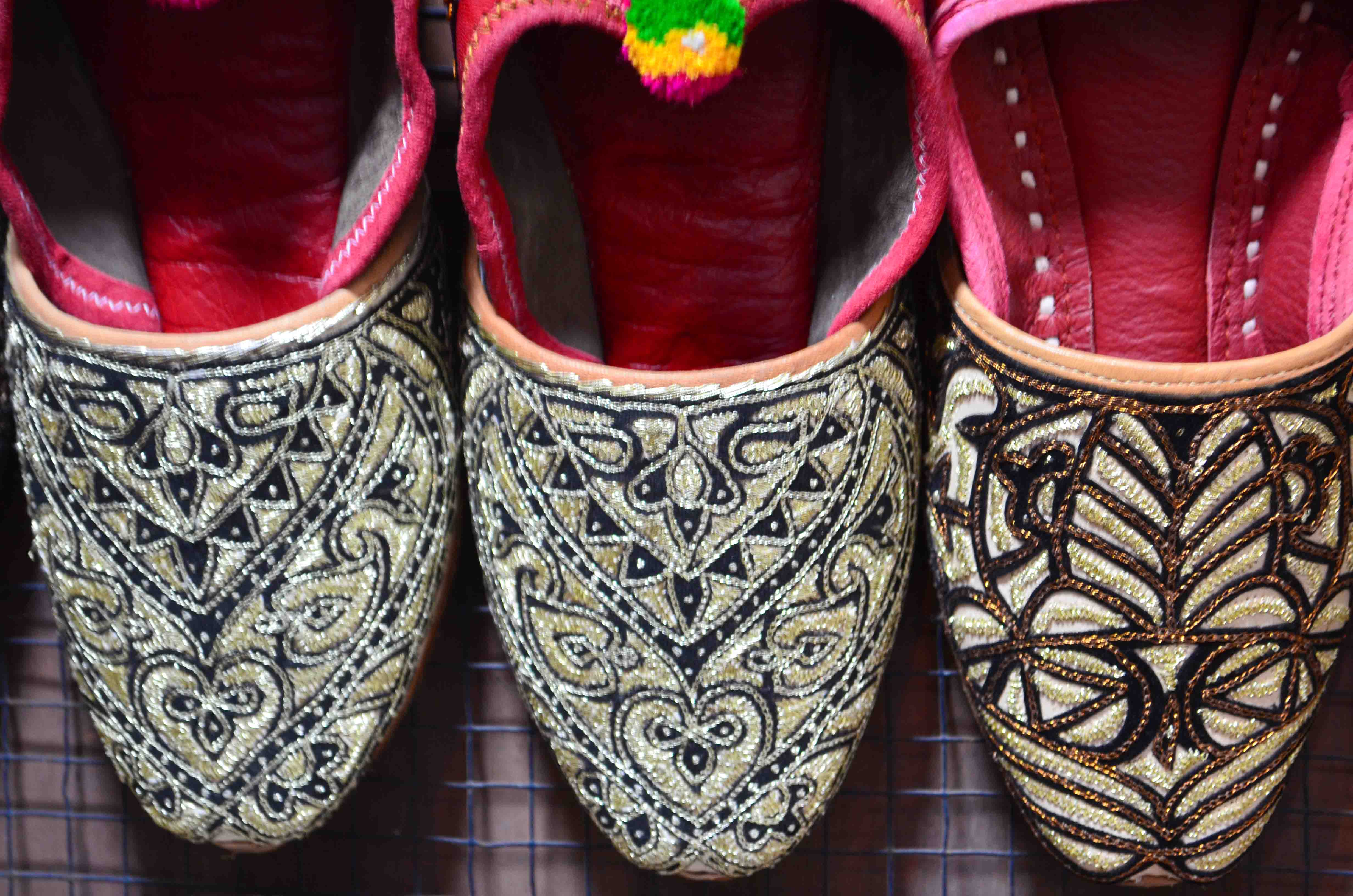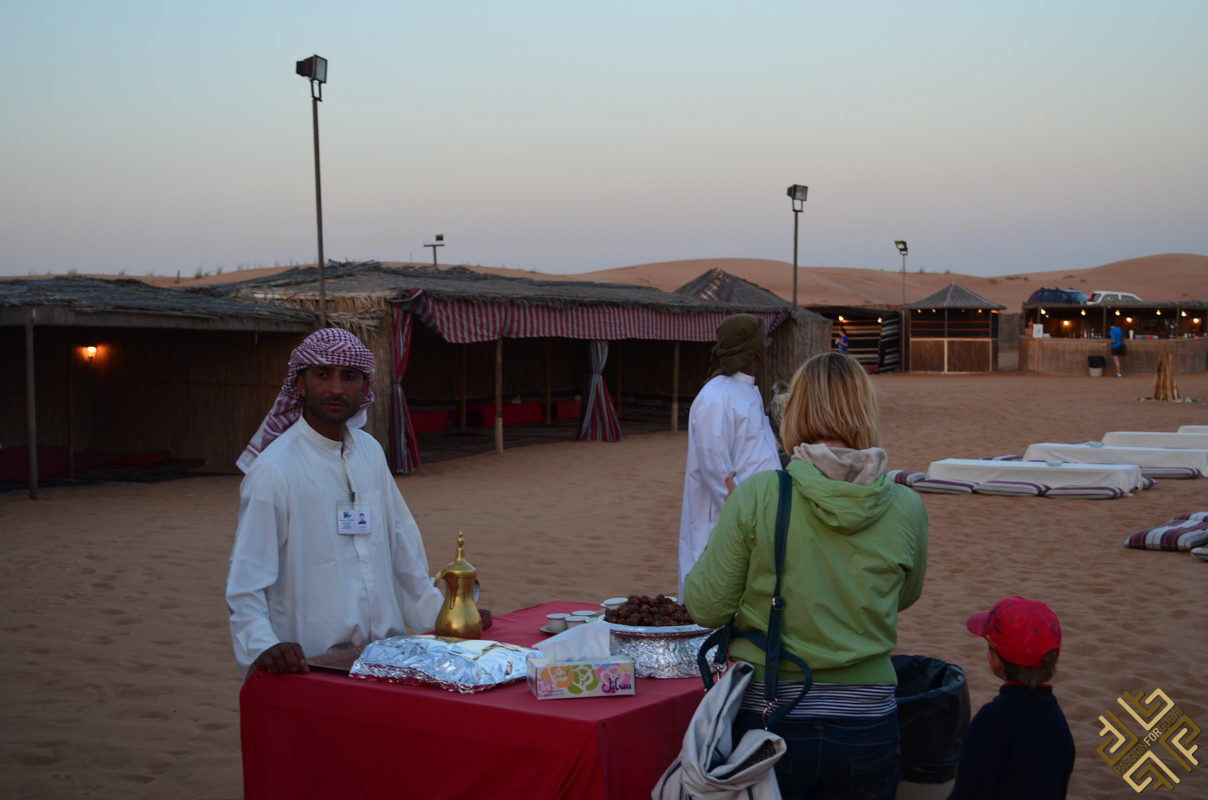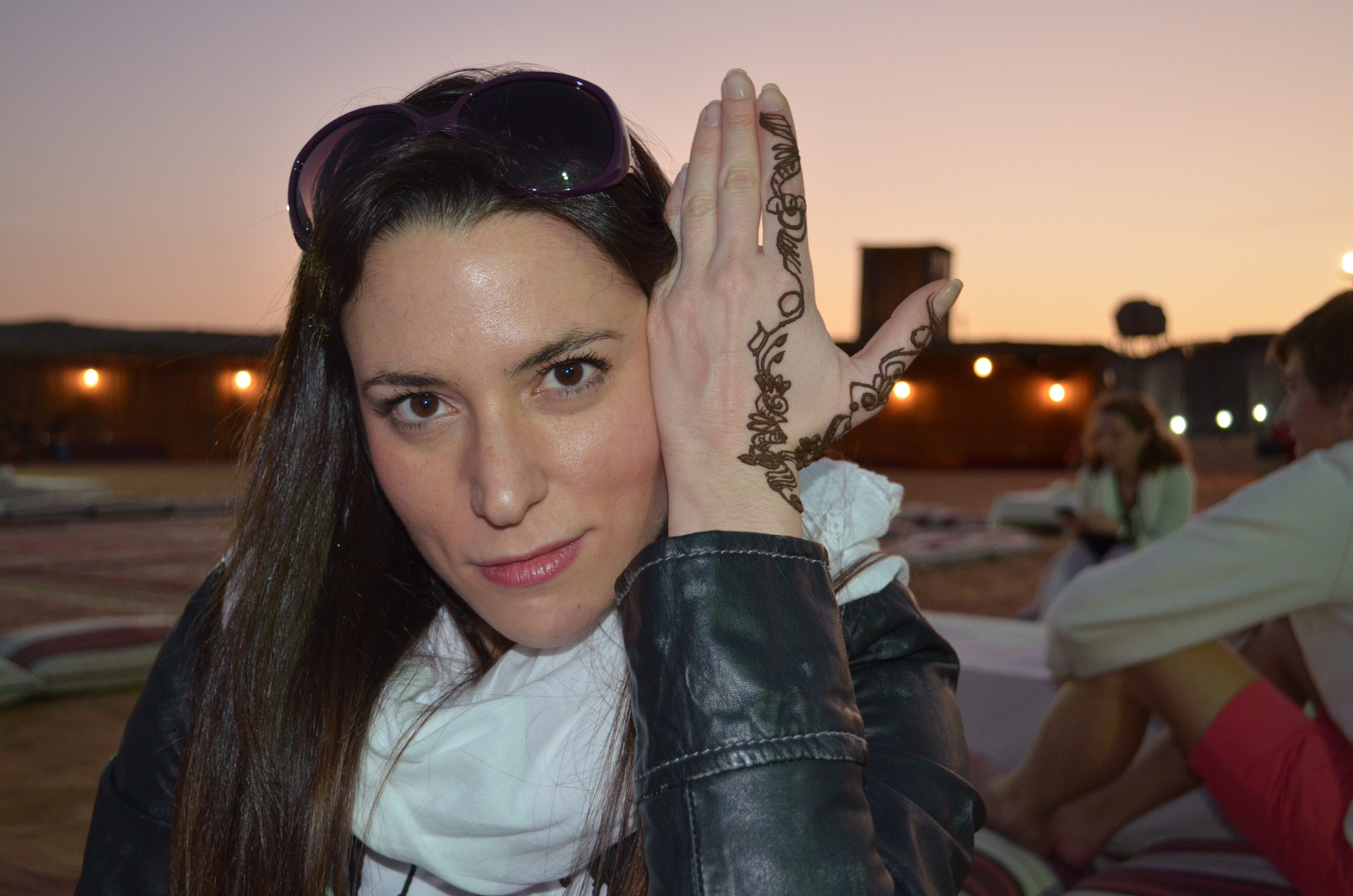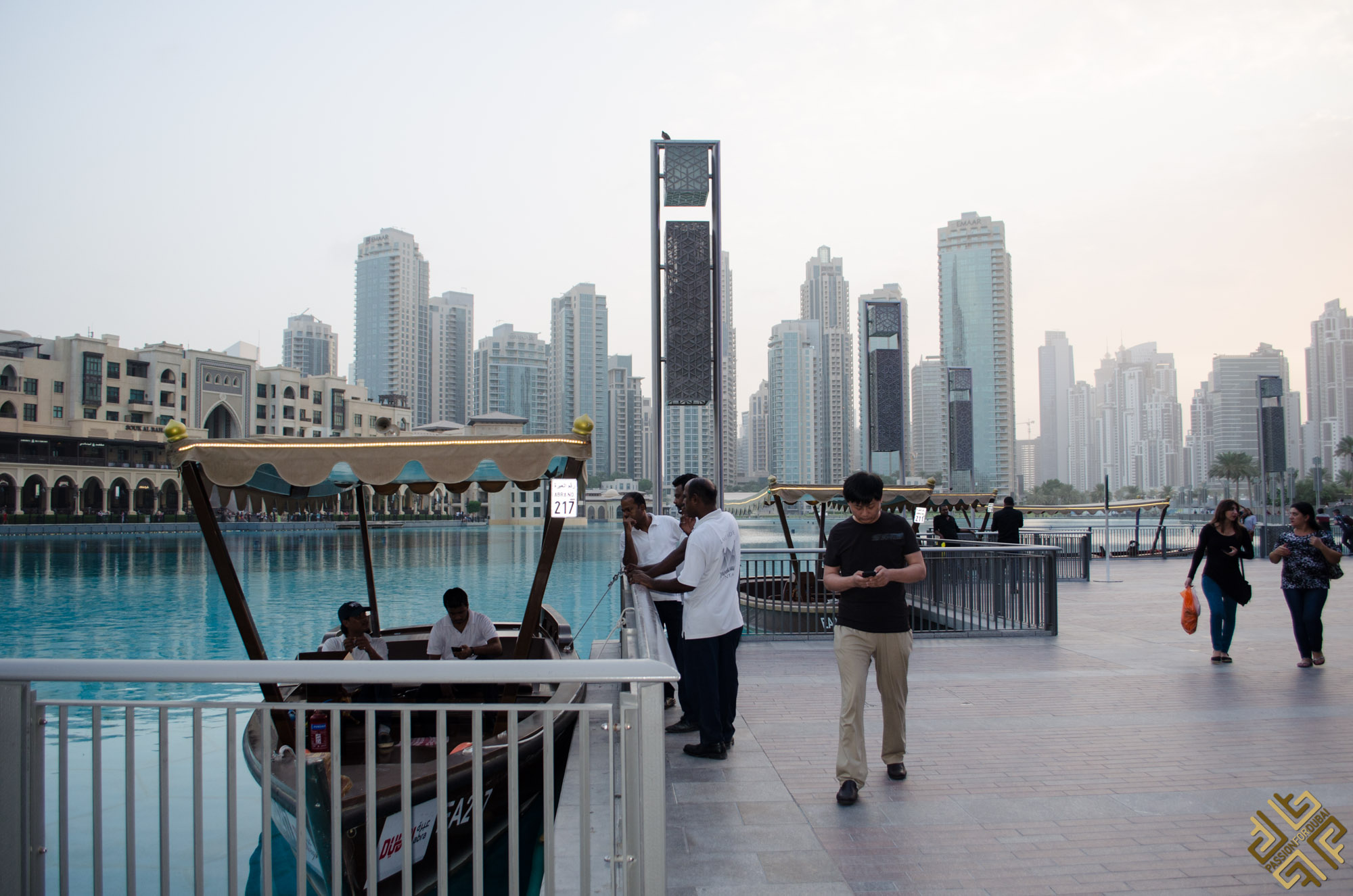When you’re travelling the world, you’ll soon realise it’s a minefield of cultural differences and it’s up to you to brush up on your knowledge. It’s not just about endearing yourself to the locals, but avoiding accidentally offending people due to a lack of understanding.
If you’re travelling to the Middle East, we’ve got eight things to avoid:
- Touching
Avoid being overly physically friendly with people you met. You might feel comfortable giving them a hug and kiss on the check, but it’s not as commonplace in the Middle East. Wait until you know people a bit better and can judge whether they’d like you to be tactile with them.
2. Displaying the soles of your feet

No matter if you’ve just showered, in the Middle East, the soles of your feet are considered the dirtiest parts of your body – so don’t go putting your feet up in people’s faces. Just keep them on the floor to be safe.
3. Refusing food

You might think it makes it easier for your host if you reject food – but you could end up offending them. In many Middle Eastern countries, including Lebanon, it’s considered rude to reject what you’ve been offered.
4. Eating with your left hand

On the topic of food, make sure you don’t eat with your left hand. It’s well-known that left hands are reserved for toiletry functions in Indian, but the same goes in parts of the Middle East. You might not cause offence, but you’ll certainly raise a few eyebrows if you eat with your left hand.
5. Not sticking to your word
We’ve all been there – you say something and never follow up on the promise. But in Middle Eastern culture, this is a big no-no. A huge value is placed on a person’s word so only say things you intend to do.
6. Blowing your nose
Watch out when you’re blowing your nose in public – try and do it discretely or pop to the toilet because it’s considered repulsive in some countries including Saudi Arabia and Turkey.
7. Giving a thumbs-up
In many countries, giving a thumbs up is considered friendly. But this action doesn’t translate to other cultures. In Iran or Afghanistan, for instance, it means the same thing as a raised middle finger – probably the opposite of what you intended.
8. Revealing clothes

It’s preferable to be respectful of Islamic traditions and opt for modest and loose clothing. For men, long trousers and a shirt that covers your shoulders is a good option. Women should wear clothes that cover the chest area, neck and knees – headscarves are optional, but do help you blend in and respect the culture.
Sources
- Culture Clash: 30 Ways to Avoid Offending the Next Person You Meet
- Etiquette in the Middle East
- 10 Ways You’re Offending People
- Etiquette in the Middle East – Need to know Travel Tips for Men and Women
The post 8 ways you’re probably offending locals in the Middle East appeared first on Passion for Hospitality.
